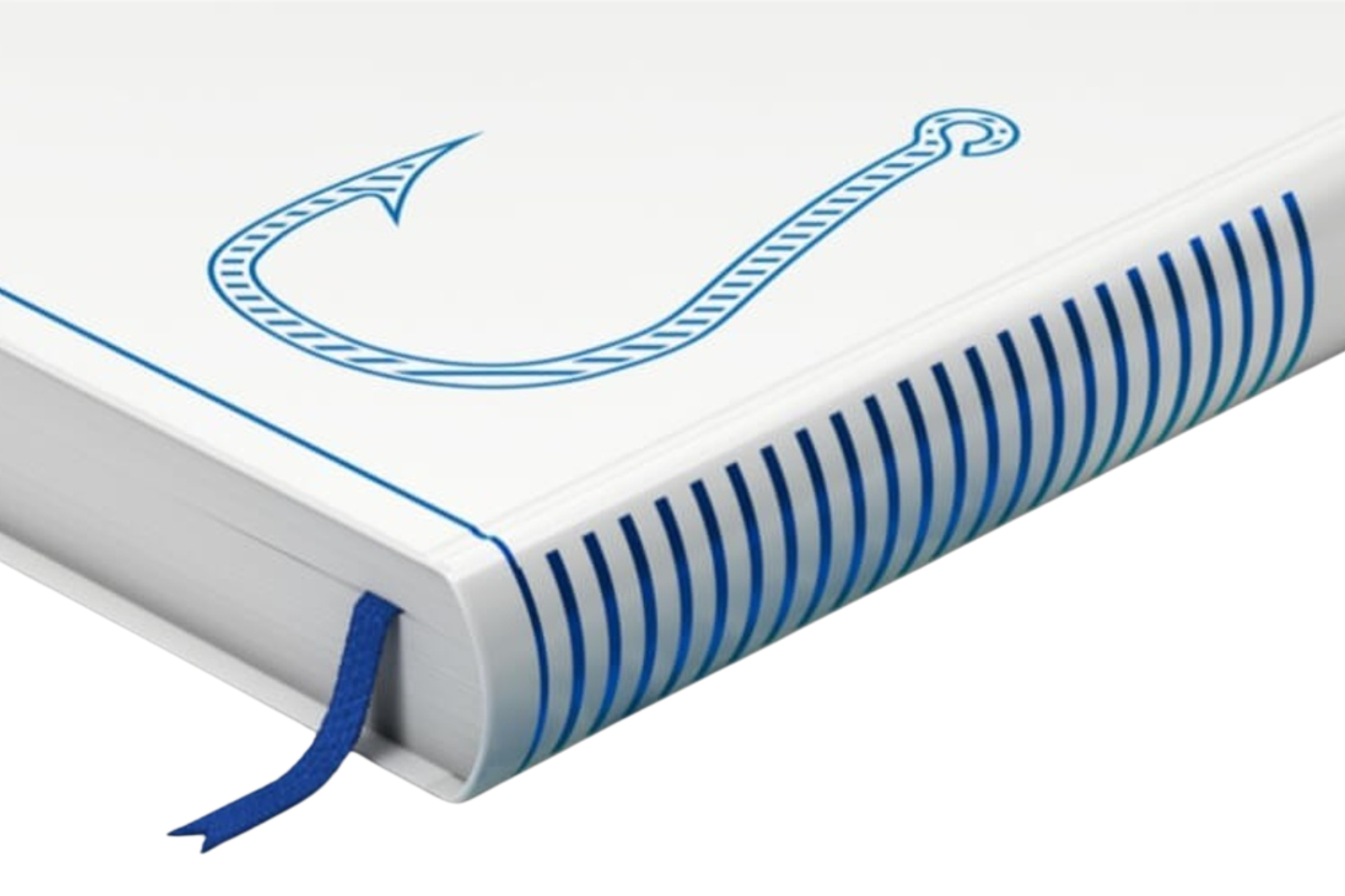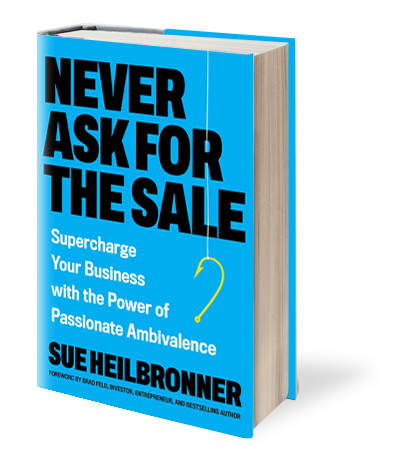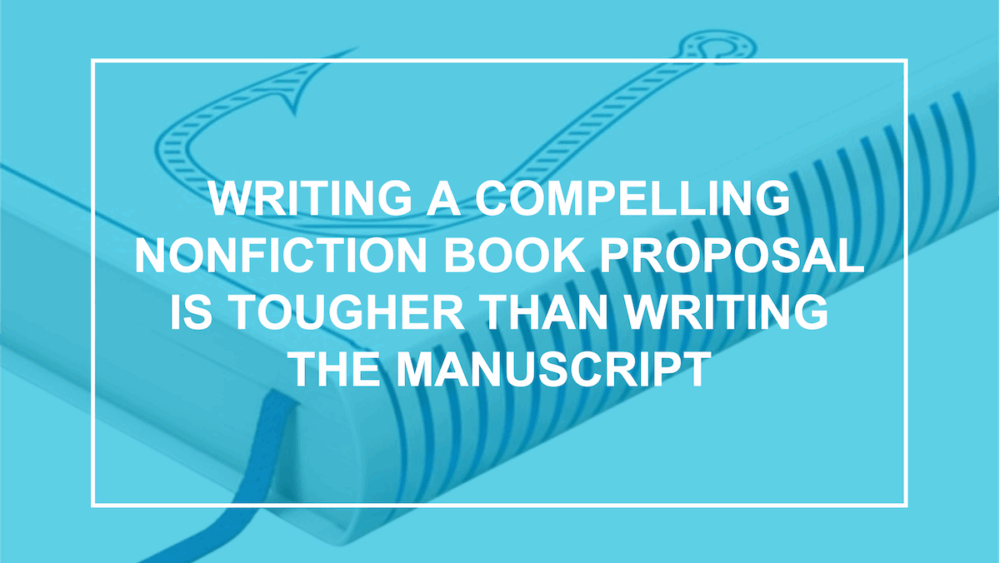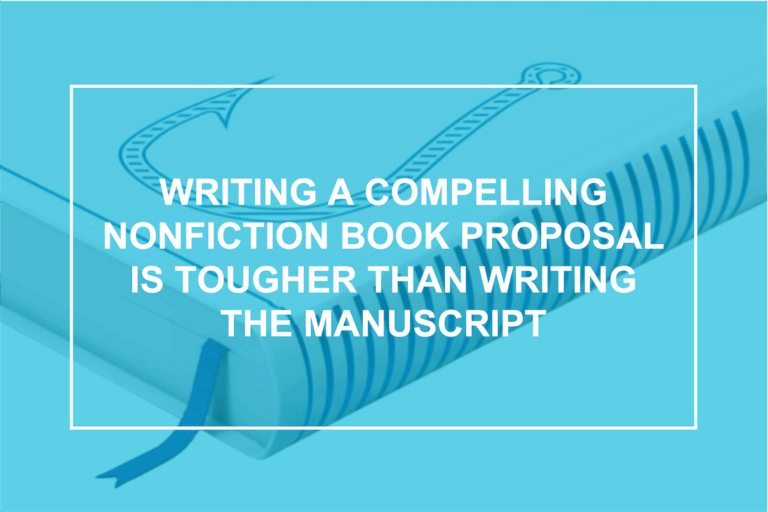Writing a Compelling Nonfiction Book Proposal is Tougher than Writing the Manuscript
If you’re just joining us, I’ve been writing about my efforts and journey to get my book published. The whole series is here.
By now, I had a bona fide book agent. I also still had zero experience and very little global understanding of how the process of getting a publisher worked. My friends and the web gave me a good baseline, and my agent Michael Signorelli helped me get smarter. In any event, it wasn’t the first time or the last time I tried something when I was totally out of my depth and I hopped in with gusto. Remember, I still had my self-publishing back up plan, so I could take my own advice and sell my book with passionate ambivalence.
The plan was to perfect a nonfiction book proposal, place it in Michael’s hands to reach out to his network and beyond, and endeavor to generate interest among editors and publishers. It was mid-October 2024, and we had agreed that we were going to either sell this book by Thanksgiving or let it go. I was completely transparent with him because I didn’t want to ask him to invest time and energy and then feel baited and switched if I changed course. He was great with my plan. He read my manuscript, and we jointly were going to endeavor to use Never Ask principles to sell Never Ask the manuscript.
Michael gave me some excellent edits on the truly lousy first attempt at the book proposal. I want to share that writing this proposal was one of the hardest things about writing, selling, and marketing a book to a top publisher. After the ease and flow of writing the manuscript, writing about the manuscript felt like slogging uphill through cooling molasses. Draining, self-referential, and hard. Finding concise and clear ways to generate the kind of hook that these proposals require was like trying to find my favorite feature of a dog. Cute ears. Ambitious waggly tail. Undying affection. Ugh.
I pushed through. I solicited feedback often from Michael and others along the way. This was the second most valuable piece on which to get feedback (second only to the manuscript itself) from outside parties. Readers had read the manuscript, they could see the impact it had on them, and they were able to reflect what landed back to me so I could suggest those points in my sales proposal. Here’s the “hook” I used for the manuscript that, at the time, still went by the title “Youmanship”:

At the heart of the book is the notion that any successful seller, in any context, is fantastic at selling herself. I share decades of experience, stories, tools, and exercises to coach people to be more successful at achieving their goals by aligning their work with their greatest strengths and by marketing that cohesive story with a winning sales strategy.
YOUMANSHIP promotes self-awareness about one’s gifts, rapid iteration on approaches to selling, flexibility to meet the market, and a sense of “passionate ambivalence” about whether any single effort results in a sale. The book prompts the reader to
- consciously increase his awareness of his zones of genius
engage in work that lights him up - leverage his network and community to ensure people know what he does
- pitch from his front foot
- price with authority
- stay unattached about whether a piece of business closes
Those steps, I argue, will allow YOUMANSHIP readers to build a financially successful business doing work they love with people they admire.
The proposal also required me to do competitive research on where my book fit in alongside books that had done well. This was complex for me. First, I confess, when I am working on a project that feels special and unique and I see something that might be head-to-head competitive, I’m not the best at embracing it. When people said during my writing that “this book sounds a lot like that book,” I didn’t go read “that book” while I was doing the actual writing. I thought if I did that I would be stymied in my creative process. But now, I had to educate myself and find points of overlap and differentiation, and I did that.
The second reason this posed a challenge for me is that I needed to compare my manuscript to books that were incredibly successful. I felt great about the themes in my book that I thought would be disruptive-rebellious-woman-writing-book-on-sales, transparency in financial dealings from the mind of a solopreneuer, willingness to explain how to be economically sustainable and build a great life – but comparing my book to books that were tangential? That felt daring. Still, everything I read said I should do this, and I did. Here’s what I wrote about Never Ask for the Sale: Supercharge Your Business with the Power of Passionate Ambivalence:
YOUMANSHIP sits at the intersection of coaching, personal growth, conscious leadership, and sales. It combines the financial savvy and relatability of RICH DAD POOR DAD with the humanity of DARE TO LEAD and the growth mindset of GRIT and POWERFUL to present an authentic and actionable guide for anyone looking to supercharge their selling prowess with heart, guts, and intention.
Another incredibly challenging aspect of writing a proposal is that so much of getting a book deal is establishing for the publisher that you have a decent network or following and that you are 100% willing to leverage it in every way humanly possible. This took some genuine work and creativity. I did my first review of every single person I knew, starting my “all people” list, which would become invaluable in marketing and in my book launch team outreach. This meant working through 10,000 LinkedIn contacts, current and past clients, Facebook friends, etc. It meant finding updated email addresses for any of those people to whom I felt I could reach out (I didn’t share that list in my proposal, but knowing the scale of it allowed me to share the reach of my touchable network). I thought of every group that might be interested. Every podcast thread (entrepreneurship, solopreneurship, startups, women in business, sales, business growth) that might give me an avenue to pitch me and my book as something audience-relevant.
One night, in the midst of all this focus on selling a book about selling, I thought about something I might try that would be unbelievably daring, seemingly out of reach. I advise sellers all the time to leverage their efforts with other people or brands who have even more reach, respect, and authority. How could I take my own advice? By asking someone to write a foreword for my book! That person needed to be someone logical to the content of the book and also someone with a name meaningful enough that they would increase the perceived (and real) value of the book in the market. My first choice? Venture capitalist, startup legend, incredibly decent human, and author of many books, including the just-released top-seller, Give First: The Power of Mentorship. I emailed Brad Feld. I knew Brad through community efforts, co-teaching, and participating in startups. He and his partners at the VC firm Foundry had also invested in our MergeLane accelerator. But really, this felt like a HUGE ask, one he must get so often. But the book did sync with things he cared about, most importantly the community and mentor philosophy of #givefirst. I clicked send with trepidation. I attached my in-progress proposal. Fifteen minutes later, Brad replied simply “I would be happy to write the foreword for your book.”
With a herculean amount of work on that proposal, with Brad’s involvement, with a full capture of every marketing avenue I felt I could and would be willing to pursue to get the word out about some future book, we had a proposal we could socialize with publishers.
Michael and I gave ourselves (and the industry) three weeks.
Even though you know how the story ends, I bet you’re curious how I actually got the deal. That’s up next: Selling my Nonfiction Manuscript to a Publisher.
Any thoughts, feelings, or blurts? Share them here.


